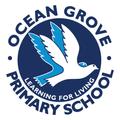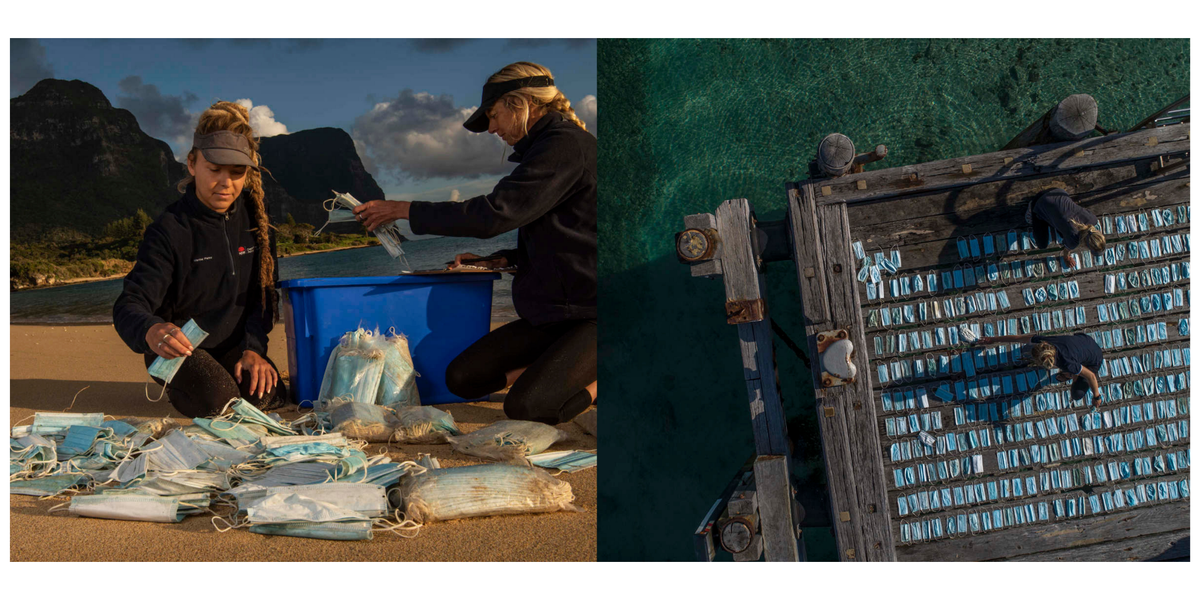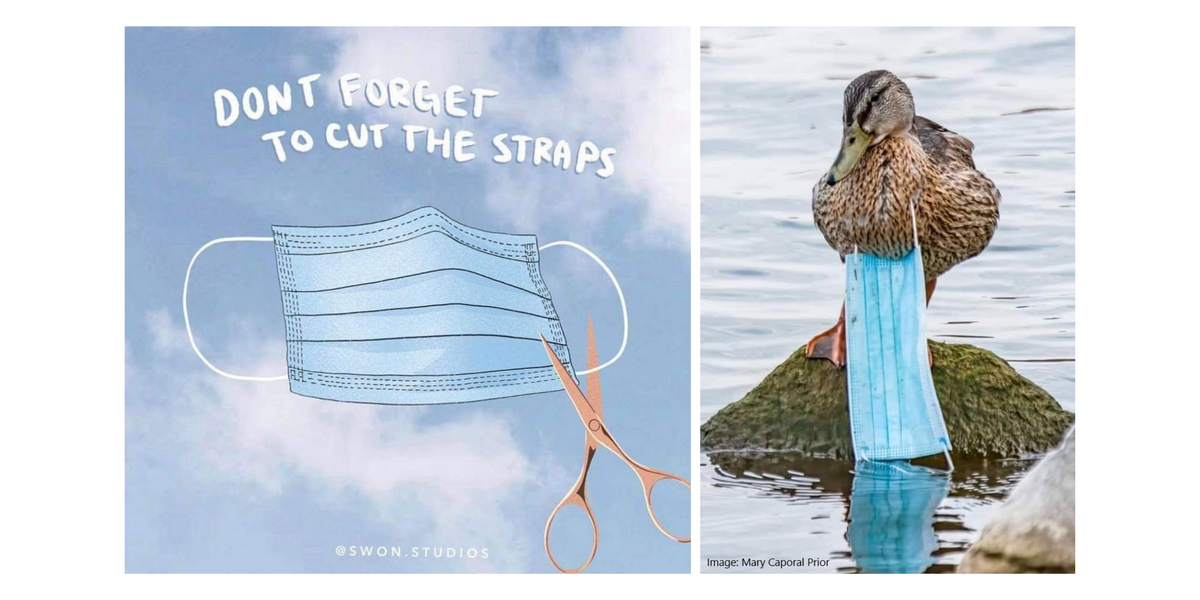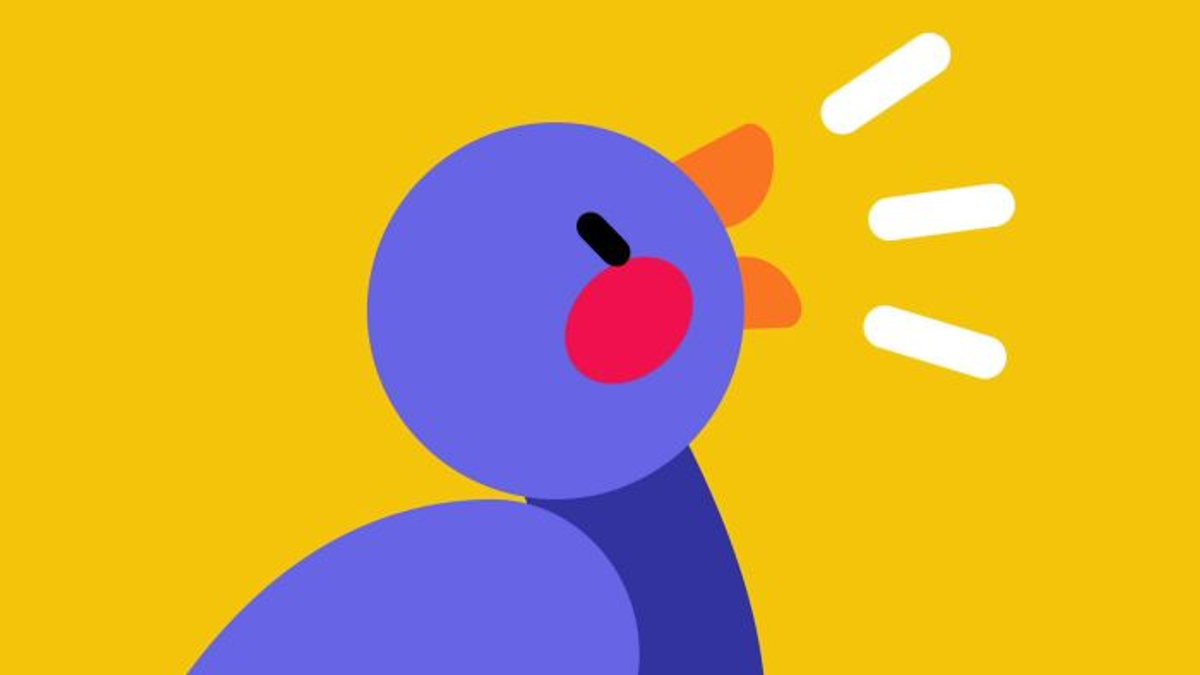Eco Club
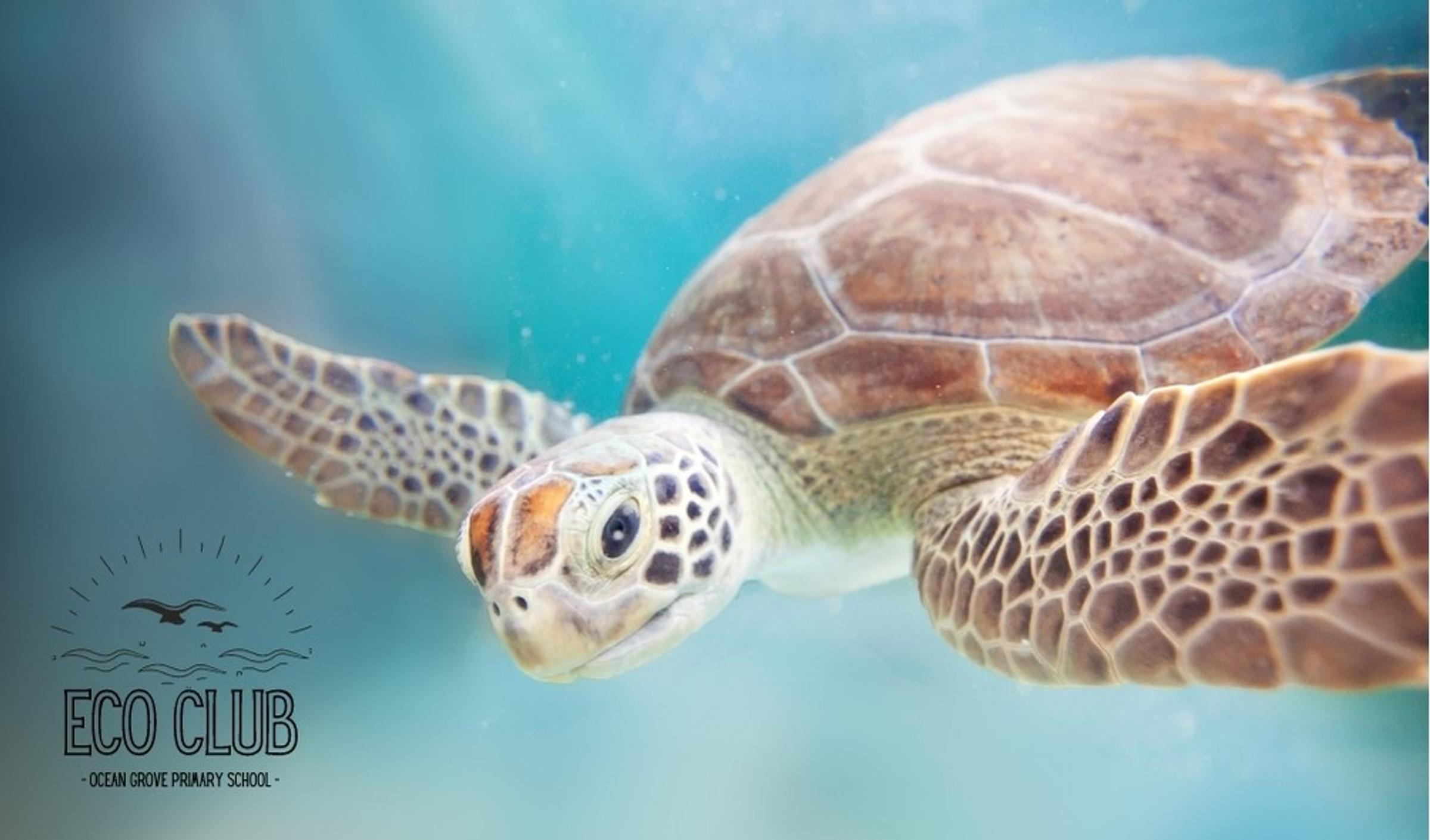
This week is Australian Wildlife Week which is held every year in the first week of October. Australian Wildlife Week celebrates and encourages a positive relationship between humanity and nature.
Unfortunately, Australia’s wildlife has suffered significant loss since European colonisation mainly through impacts such as land clearing, invasive species, and climate change.This week is a great time to learn about our amazing wildlife and what we can do to help these creatures.
Please see below for some ideas and resources.
Check out the #snipringsforwildlife campaign run by the Australian Wildlife Society
https://www.aws.org.au/snip-rings-for-wildlife/
THE IMPACT OF FACEMASKS ON WILDLIFE
Although we heavily condone the continued use of PPE with the ongoing COVID-19 pandemic, we're extremely worried to see how irresponsible people can be, regarding mask disposal — every minute of the day, 3 million disposable face masks are thrown away across the world. Globally, 129 billion disposable face masks are thrown into landfill every month, according to a study by University of Southern Denmark researchers. They can also take up to 450 years to break down if they're dropped in the environment. Yikes!
Not disposing of facemasks correctly is posing a massive risk to our local wildlife, with many disposable facemasks being dropped or blowing out of bins and finding their way to reserves, parks and beaches where wildlife becomes entangled in them.
Correct disposal of single-use face masks
- Disposable face masks and surgical masks are not recyclable. Once used, put them in the rubbish bin.
- Cut the ear loops with scissors before putting in the rubbish bin to prevent entangling wildlife.
- If you or someone from your household may have coronavirus (COVID-19), put disposable items in a sealed plastic or paper bag, and then in your bin.
- Any recyclables that may have been used by someone with coronavirus (COVID-19) need to go in the rubbish bin as well.
- Wash your hands straight after handling any items that may have been contaminated. Also wash your hands after touching your rubbish bin.
Don’t forget to practice good hand hygiene and help stop the spread of COVID-19. Remember, the best protection against COVID-19 is to do all of the following:
- Keep 1.5m apart.
- Wash your hands regularly.
- Stay home and get tested immediately if unwell.
- Wear a facemask = but do not forget to #snipringsforwildlife before disposing of the mask, to help protect Australia's wildlife from becoming entangled.
Alternatively, please consider purchasing a reusable facemask.
Check out some awesome printable wildlife and nature activities and colouring pages here:
https://wildlifewarriors.org.au/get-involved/wildlife-and-nature-activities-for-kids
Our habits changed so much through the pandemic so all those good habits, like getting a reusable coffee cup and saying no to the single-use item became less common. Let’s get back on the right track together!
The Noisy By Nature Podcast
https://www.abc.net.au/kidslisten/noisy-by-nature/
Australian nature is full of strange, surprising and sometimes silly sounds. From cicadas that sound like sprinklers to moaning mutton birds, there are heaps of weird noises to discover.
Join host and nature lover, Ann, as we use our ears to listen to the different sounds that Australian nature makes. Along the way we’ll find out some fun facts and train little ears to listen to the chorus of calls that make up the natural world around us.
